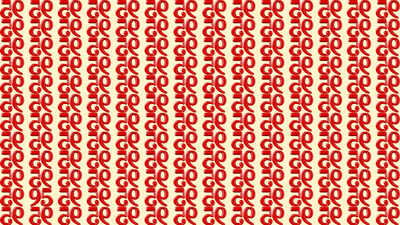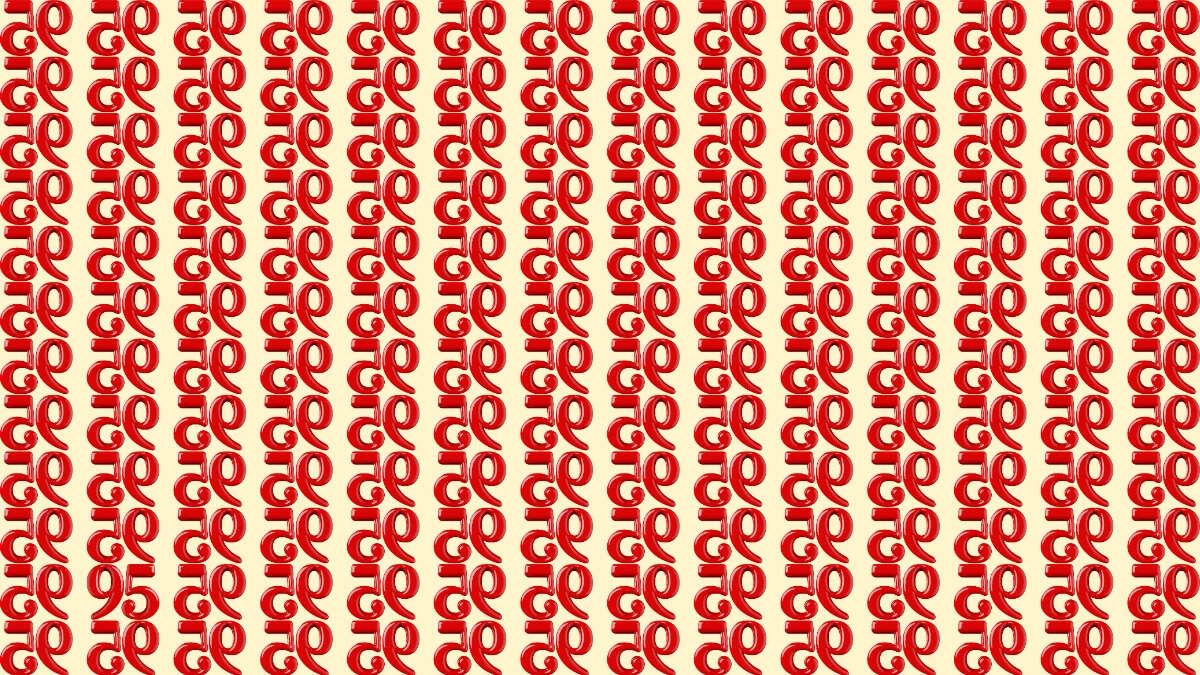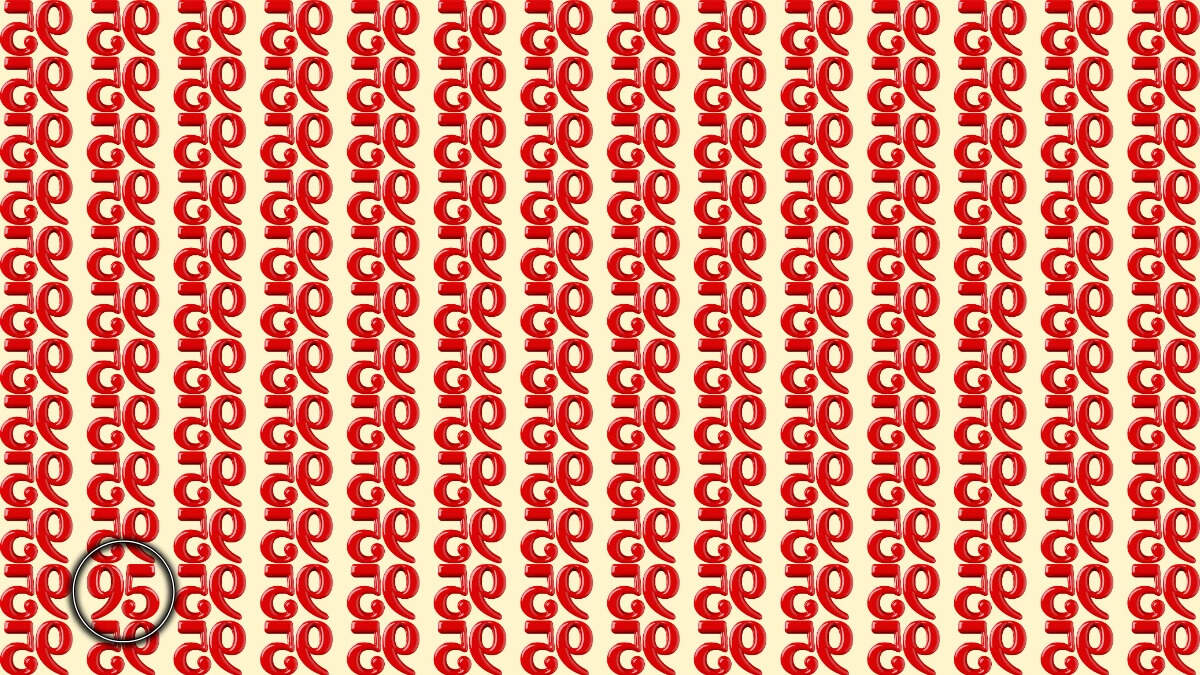Optical Illusion: Can you spot the upright ‘95’ among the inverted ones in 9 seconds?

Think you have sharp observation skills? Put your brain to the test with this fun optical illusion IQ challenge!This illusion plays tricks on your brain, testing how fast and accurately you can process visual details under pressure. Your task is simple: spot the correctly oriented “95” hidden among dozens of inverted “95”s within just 9 seconds. At first glance, every number might look identical, but one of them is the real deal, the upright “95.”

Why this illusion is so trickyOptical illusions like this one are designed to confuse your visual perception. The flipped numbers create a pattern that challenges your ability to recognize subtle differences. Your success depends on how efficiently your brain decodes these visual cues and how well you can maintain focus. If you manage to spot the correct “95” in under 9 seconds, it’s a sign of exceptional cognitive sharpness and pattern recognition skills.Solution:To crack this challenge, carefully scan through the grid of numbers instead of rushing. The true “95” stands out once your brain adjusts to the pattern.In this puzzle, the non-inverted “95” is located near the bottom-left corner of the image. If you found it quickly, congratulations! You likely have strong visual acuity and quick-thinking observation skills.

Optical illusions are visual images that deceive the eye and brain into seeing something different from reality. They occur when our brain tries to interpret visual information in a way that doesn’t match what’s physically present. Psychologists often use optical illusions to study how the human brain processes visual information, revealing fascinating insights into perception, attention, and cognitive function.Share this fun activity with friends and family!Credits: Freejobalert






